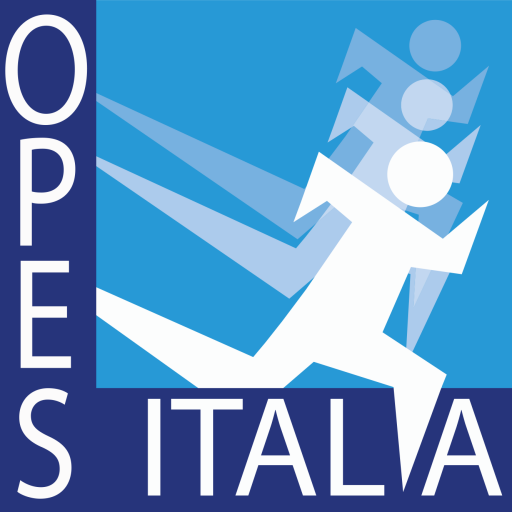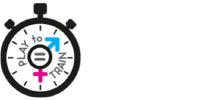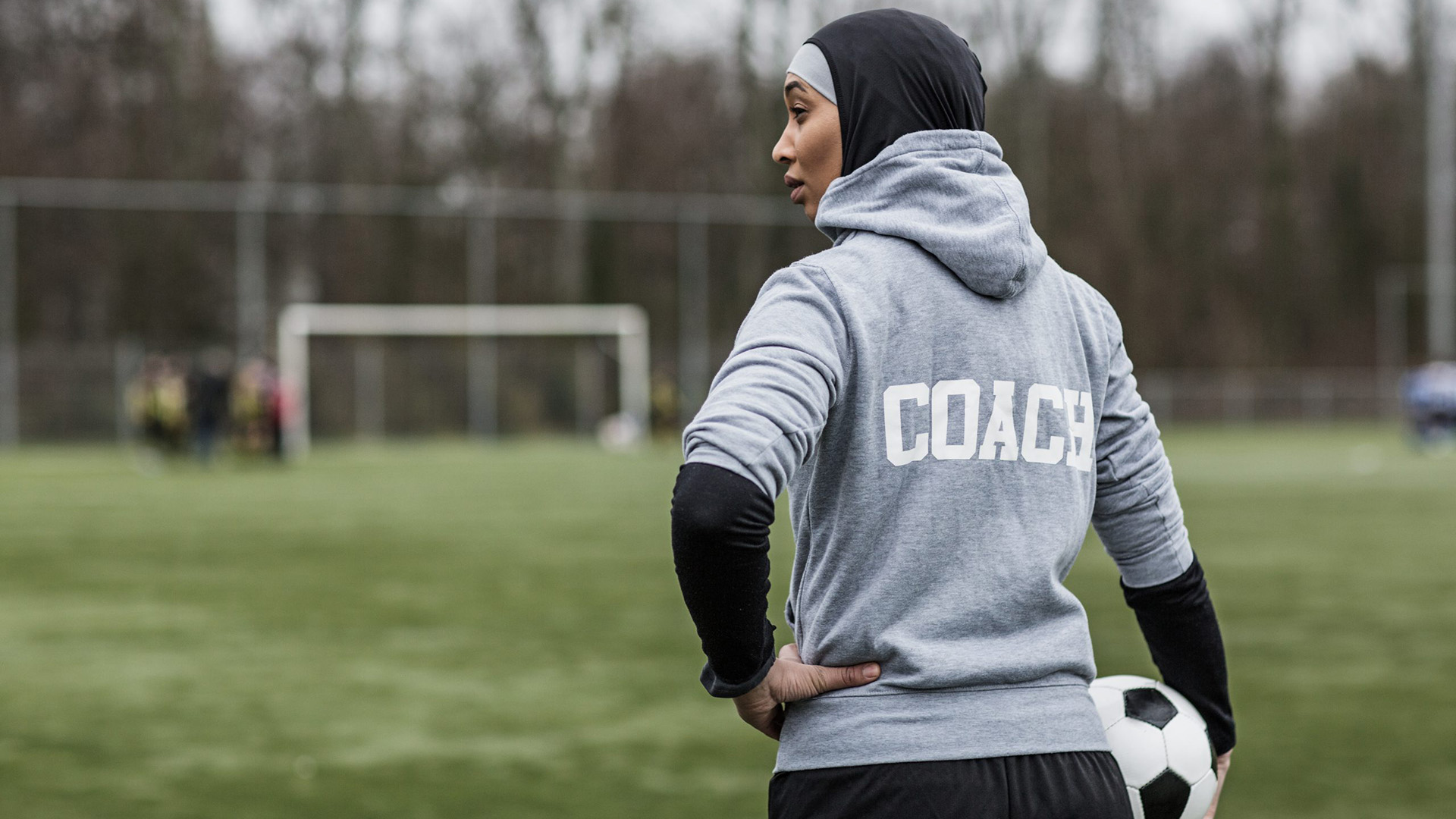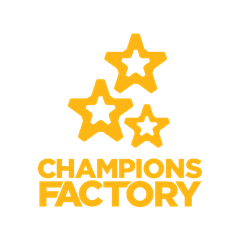What
Play to Train is an European project supported by the Erasmus Sport Programme. The project is led by OPES (Organizzazione per L’Educazione allo Sport). OPES promotes and organizes various activities in the field of sport that promotes social inclusion of all people from different backgrounds. OPES implements this project together with its partners Champion Factory and Association Academy Rudi Hiti.
Play to Train overall purpose is to fight for gender equality by increasing the number of women athletes and coaches in sport while also raising awareness to male coaches the importance of gender equality in sport. Play to train will accomplish gender equality in sport by implementing a programme that will involve trainers, mentors and coaches to enhance women’s participation in coaching at grassroots level.
Objectives
The main objectives of the project are:
- Promote the representation and participation of employed and volunteer female coaches in the workforce at all levels;
- Increase the number of female coaches by creating tools that will encourage and support female coaches preparation by setting an environment which favors their participation;
- Spread awareness about gender equality in sport that will contribute to the development of the sport field and showing all its potential.
Why
The European Institute for Gender Equality states, ‘’Sport is traditionally a male-dominated sector and progress in gender equality in this area is hindered by the social constructions of feminity and masculinity , which often associates sport with ‘masculine’ characteristics, such as physical strength and resilience, speed, and a highly competitive, sometime confrontational spirit.’’ This analysis has been further confirmed by the Council of Europe which has recognized the consequences of gender relations in sport as factors that produce unequal access to sporting activities and responsibilities within sport between men and women.
Tucker Center for Research on Girls and Women in Sport found that only 4% of all sports media coverage in the world is focused on women. This leads to a lower viewership of women sports causing the discrimination of gender. In return, this discrimination reduces the number of women coaches, athletes, and mentors in sport. The reduction of women coaches, athletes and mentors in sports contributes to lower wages and less opportunities for women.
Gender equality in sport is a vital stepping stone in influencing gender equality throughout the world. To fight the gender gap in sport will create momentum of gender equality in wage, education, viewership and opportunities.
When
Play to Train was a 18 month project. It started in January 2019 and was supposed to end in June 2020. The outbreak determined a rescheduling of the project which officially ended in September 2021.
The steps of the project were the following:
- Kick off meeting – Rome- 5th-6th April 2019
- Training course for multipliers (phase1)- Rome- 4th-6th October 2019
- Pilot activities in all the countries (Italy, Slovenia, Bulgaria)
- Evaluation meeting- Ljubljana- 07th-8th August 2021
- Final meeting- Sofia 1st September 2021
How
Coordination and development activities
Play to Train will coordinate with partners during a kickoff meeting to divide roles and plan the internal deadline. Also, focus on international implementations to analyze existing good practices in Italy, Bulgaria, Slovenia to identify a training format. Play to Train will also research and expand on existing practices to implement a successful programme to enhance women inclusion in sport. This programme will be taught to trainers, mentors, and coaches using the toolkit at national level. Finally, the preparation of a comprehensive document which includes the results of the research.
Implementation and dissemination
Play to Train will be implemented through the following activities:
- Pilot activities implemented by the trained participants in 3 countries (Italy, Bulgaria, Slovenia);
- Online raising awareness campaign;
- Second training course and international meeting for participants.
During a final conference, it will be presented with the project results to raise awareness on the project outcomes.
Expected Outcomes
Play to Train will create practices and a training format for those practices to empower women and create more women coaches in sport. Play to Train will also create awareness of the gender discrimination in sports and how that affects gender equality in the world.
These international practices to increase women’s presence in sports will develop a toolkit for years to come. It will possess the correct guidelines and educational tools, making it accessible to anyone to support the cause and make their own impact in fighting gender discrimination in sport!





